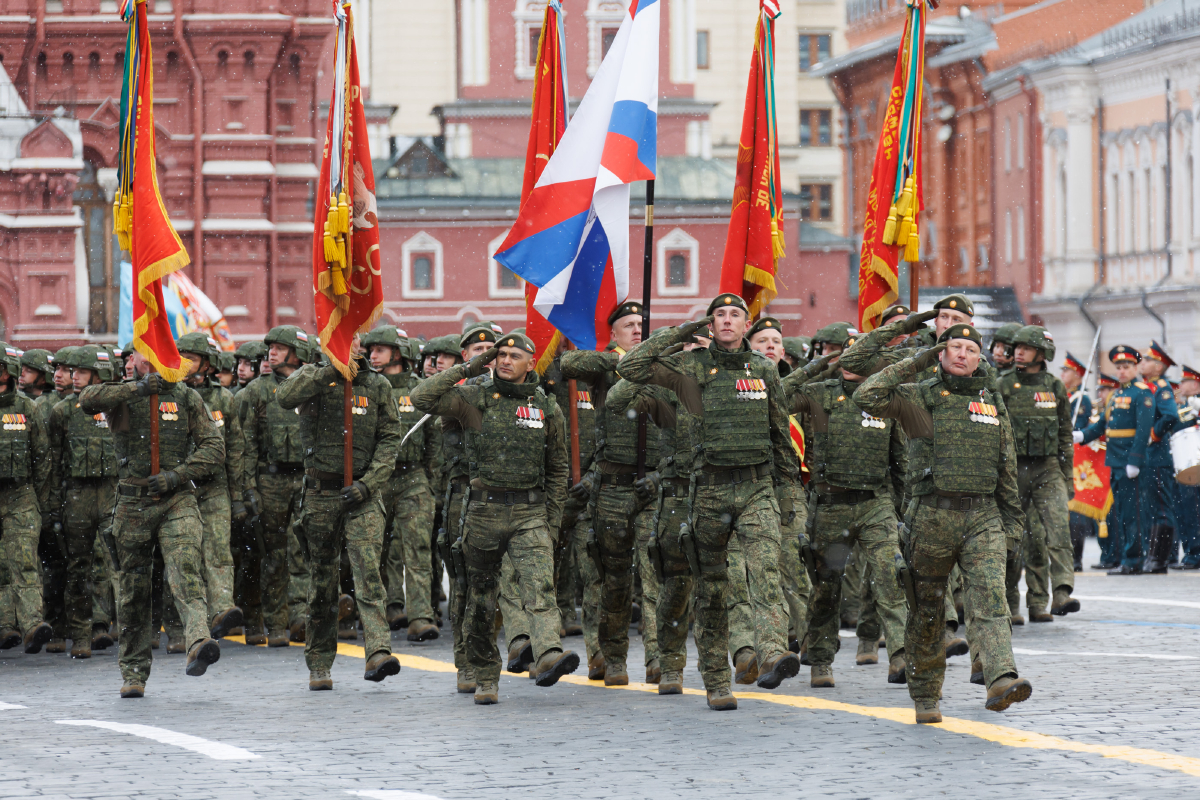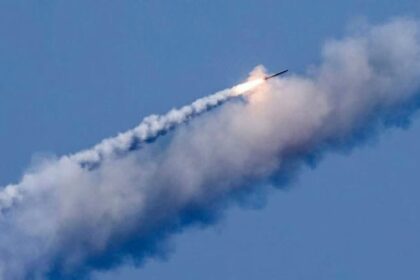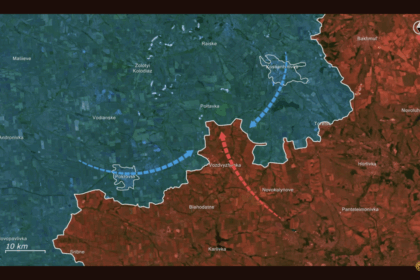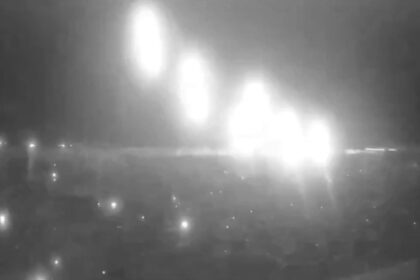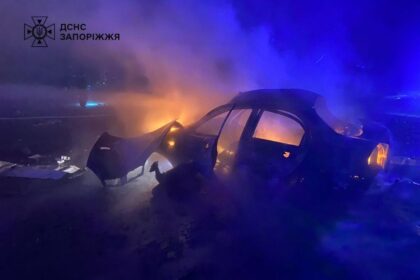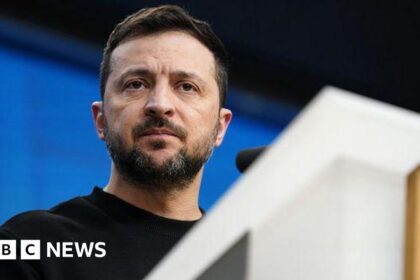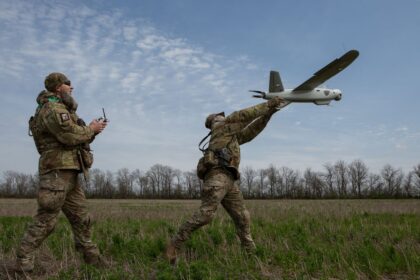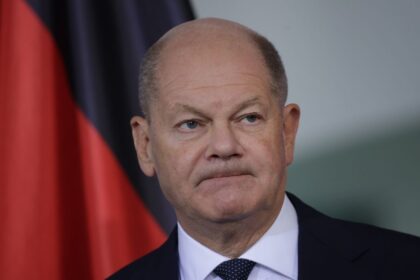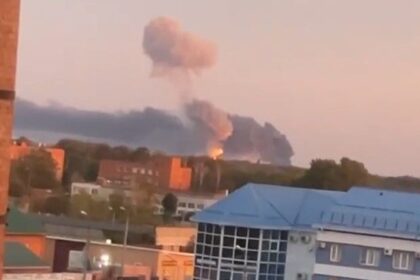**Russian Authorities Cancel Victory Day Parade in Occupied Sevastopol, Citing Security Concerns**
In a move that reflects a trend of scaled-back celebrations in Russian-occupied territories, the authorities in Sevastopol have canceled the 9 May parade commemorating Victory Day. The decision was made by Mikhail Razvozhaev, the Russian-appointed governor of Sevastopol, who cited security concerns as the reason for the cancellation.
This move is not surprising, given the history of similar events being limited or canceled in occupied territories due to “security considerations.” However, it’s worth noting that this decision also coincides with a broader trend of Russia downplaying its military successes and victories. As political analyst Yevgenia Goryunova points out, the lack of military success and significant losses at the front undermine the traditional victory cult, making parades impractical.
**A Pattern of Cancellation**
The cancellation of the Victory Day parade in Sevastopol is not an isolated incident. In Crimea, Russian-appointed head Sergei Aksyonov has also canceled parades and mass events for Victory Day, citing similar security concerns. This pattern of cancellation suggests that Russia is no longer willing or able to mount grand military celebrations, perhaps due to its own military weaknesses.
**International Reactions**
The international community has been watching these developments with interest. Ukrainian President Volodymyr Zelenskyy addressed foreign leaders considering attending the Moscow Victory Day parade on 3 May, warning them that Russia might conduct “various steps: both arson and explosions and so on, and then blame us.” He also reiterated Ukraine’s readiness for a 30-day ceasefire from any date proposed by the United States.
**A Ceasefire Proposal**
Russian President Vladimir Putin has announced a three-day ceasefire and cessation of hostilities for the 80th anniversary of victory in World War II, effective from midnight on 8 May until 11 May. However, Zelenskyy responded that there is no reason to wait until 8 May to implement a ceasefire. Ukraine is willing to accept a 30-day ceasefire from any date proposed by the United States.
**Analysis**
The cancellation of the Victory Day parade in Sevastopol and other occupied territories reflects Russia’s military weakness and inability to mount grand celebrations. It also highlights the country’s growing reliance on ideological reasons to justify its actions, rather than actual military success.
As for international reactions, it’s clear that Ukraine is not willing to accept Russia’s ceasefire proposal without a comprehensive agreement. The United States has also taken note of these developments and may propose a longer ceasefire in an attempt to de-escalate the conflict.
**Conclusion**
The cancellation of the Victory Day parade in Sevastopol marks a new low point for Russia’s military celebrations. As the international community continues to monitor these developments, it remains to be seen whether Russia will ultimately accept Ukraine’s proposal for a 30-day ceasefire. One thing is certain: the situation on the ground remains volatile and unpredictable.
Read More @ euromaidanpress.com




